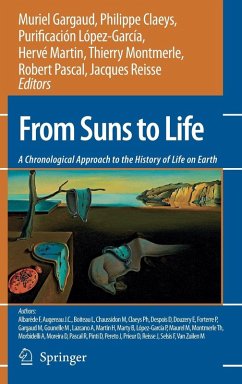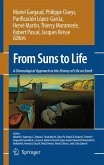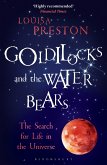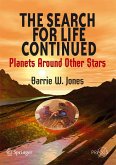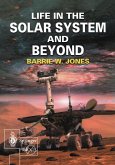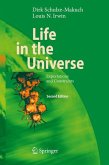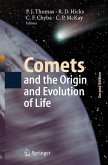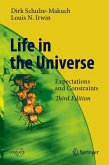This review emerged from several interdisciplinary meetings and schools gathering a group of astronomers, geologists, biologists, and chemists, attempting to share their specialized knowledge around a common question: how did life emerge on Earth? Their ultimate goal was to provide some kind of answer as a prerequisite to an even more demanding question: is life universal? The resulting state-of-the-art articles were written by twenty-five scientists telling a not-so linear story, but on the contrary, highlighting problems, gaps, and controversies. Needless to say, this approach yielded no definitive answers to both questions. However, by adopting a chronological approach to the question of the emergence of life on Earth, the only place where we know for sure that life exists; it was possible to break down this question into several sub-topics that can be addressed by the different disciplines.
The main chapters of this review present the formation and evolution of thesolar system (3); the building of a habitable planet (4); prebiotic chemistry, biochemistry, and the emergence of life (5); the environmental context of the early Earth (6); and the ancient fossil record and early evolution (7). The concluding chapter (9) provides the highlights of the review and presents the different points of view about the universality of life. Two pedagogical chapters are included; one on chronometers (2), another in the form of a "frieze" (8) which summarizes in graphical form the present state of knowledge about the chronology of the emergence of life on Earth, before the Cambrian explosion.
The main chapters of this review present the formation and evolution of thesolar system (3); the building of a habitable planet (4); prebiotic chemistry, biochemistry, and the emergence of life (5); the environmental context of the early Earth (6); and the ancient fossil record and early evolution (7). The concluding chapter (9) provides the highlights of the review and presents the different points of view about the universality of life. Two pedagogical chapters are included; one on chronometers (2), another in the form of a "frieze" (8) which summarizes in graphical form the present state of knowledge about the chronology of the emergence of life on Earth, before the Cambrian explosion.

